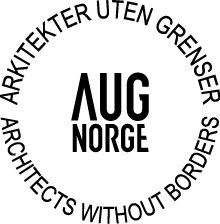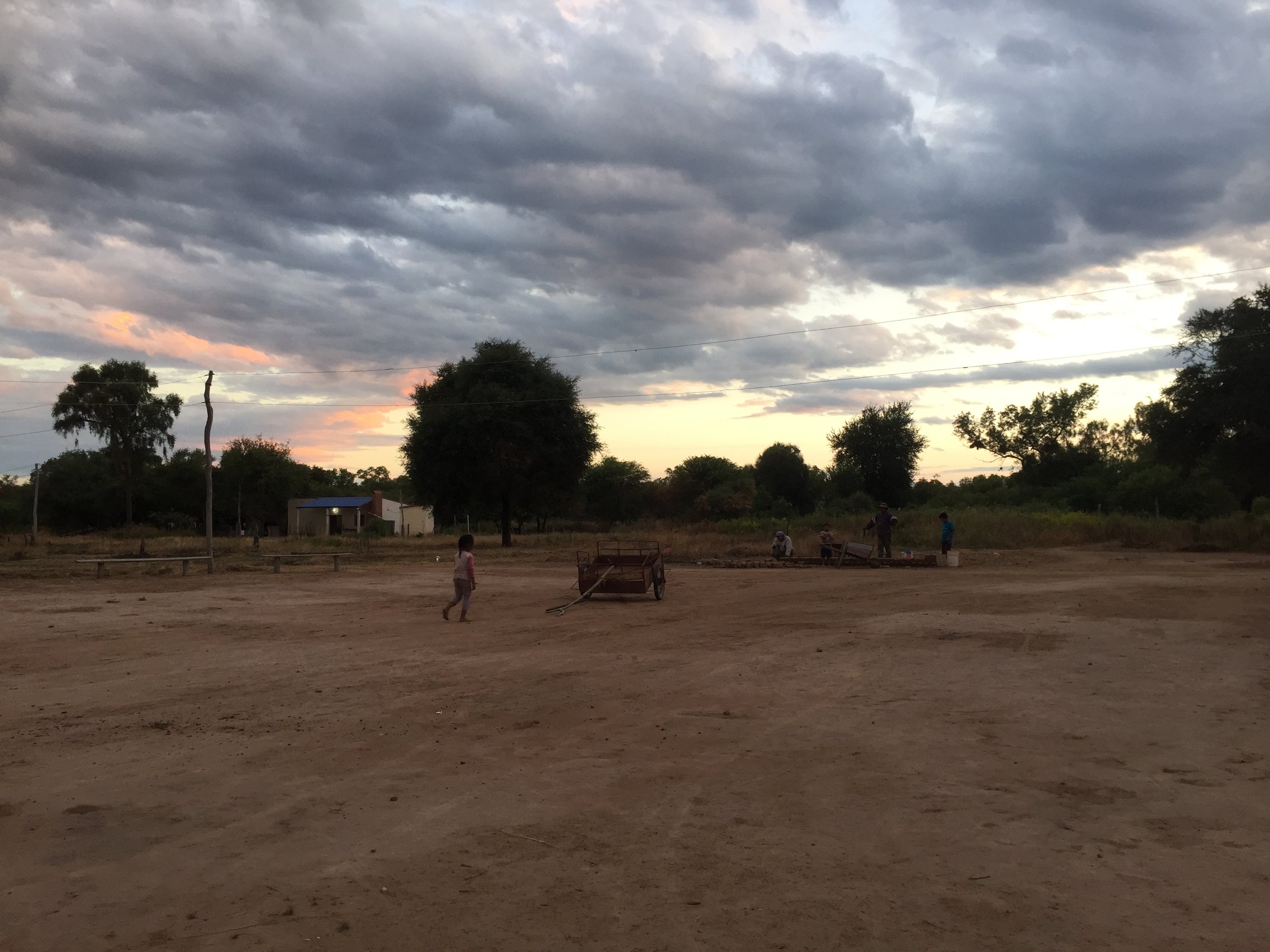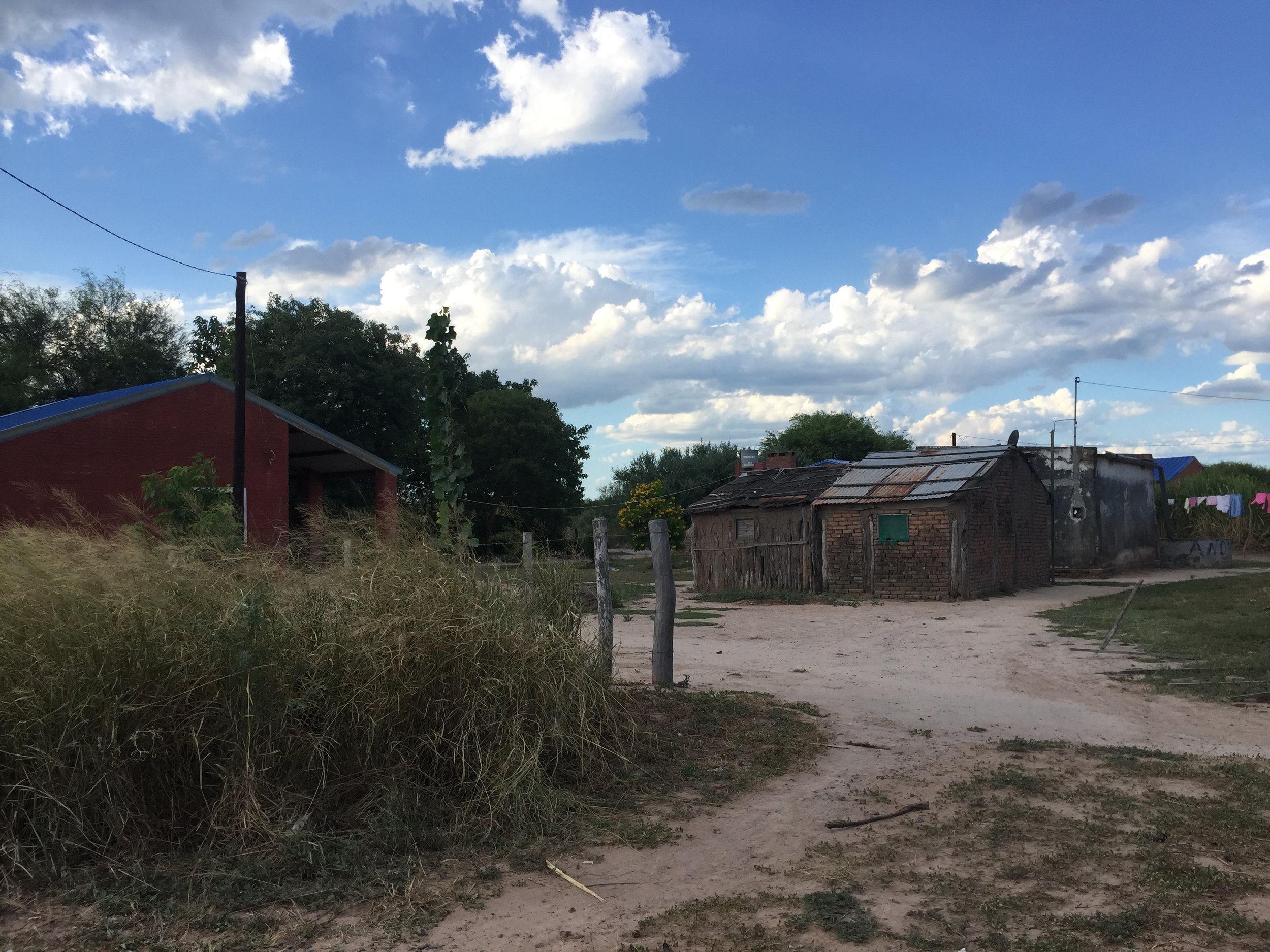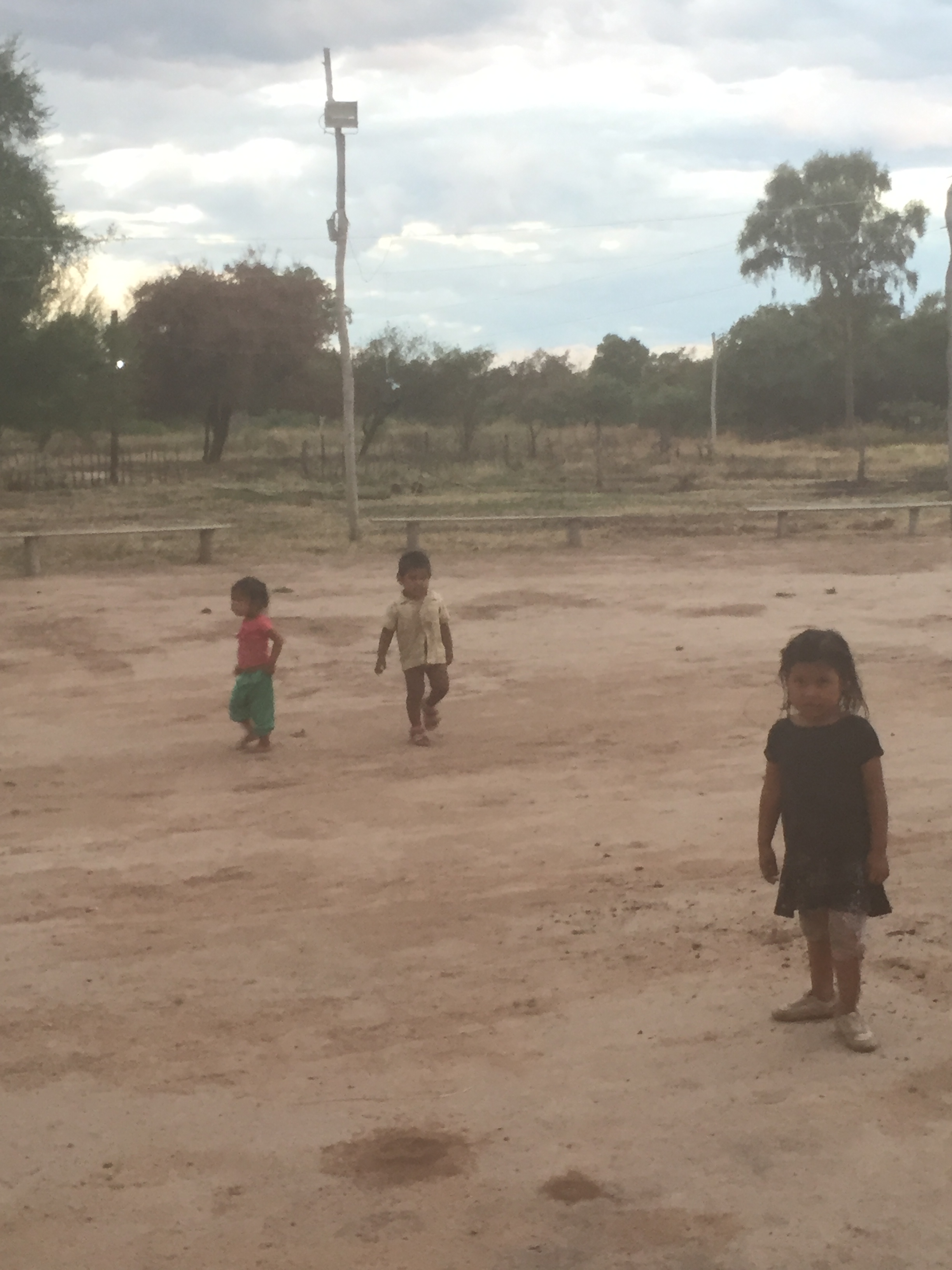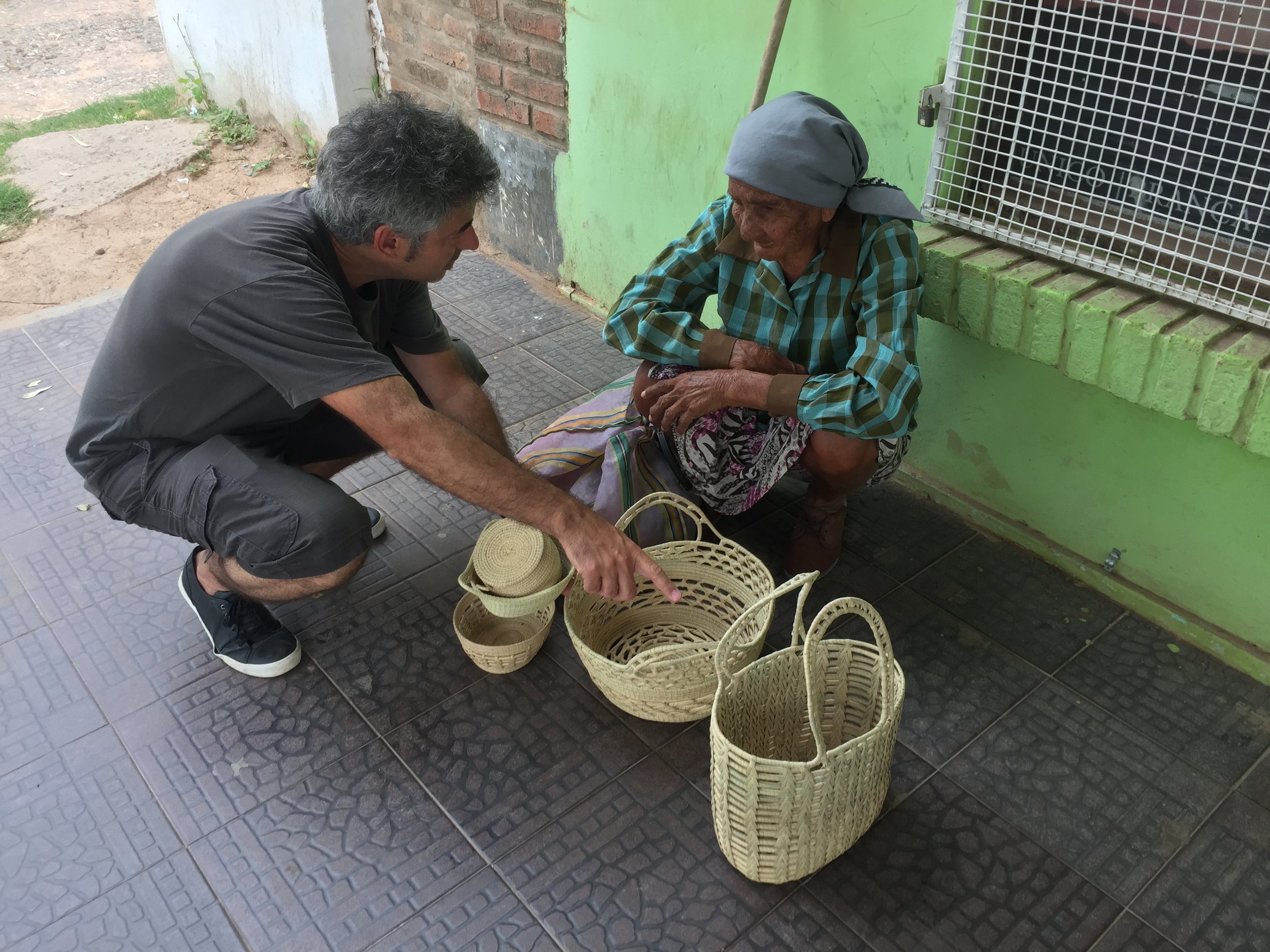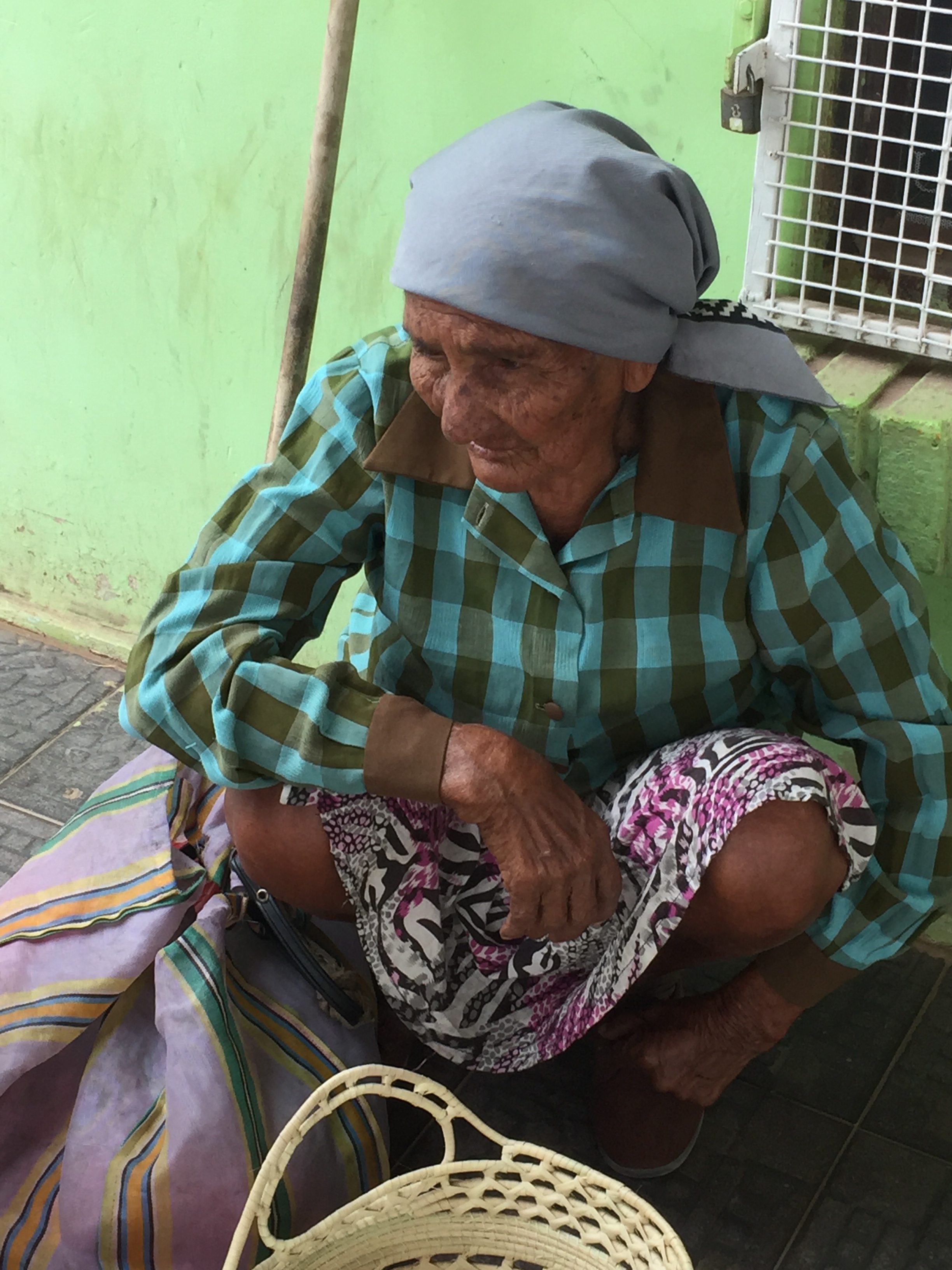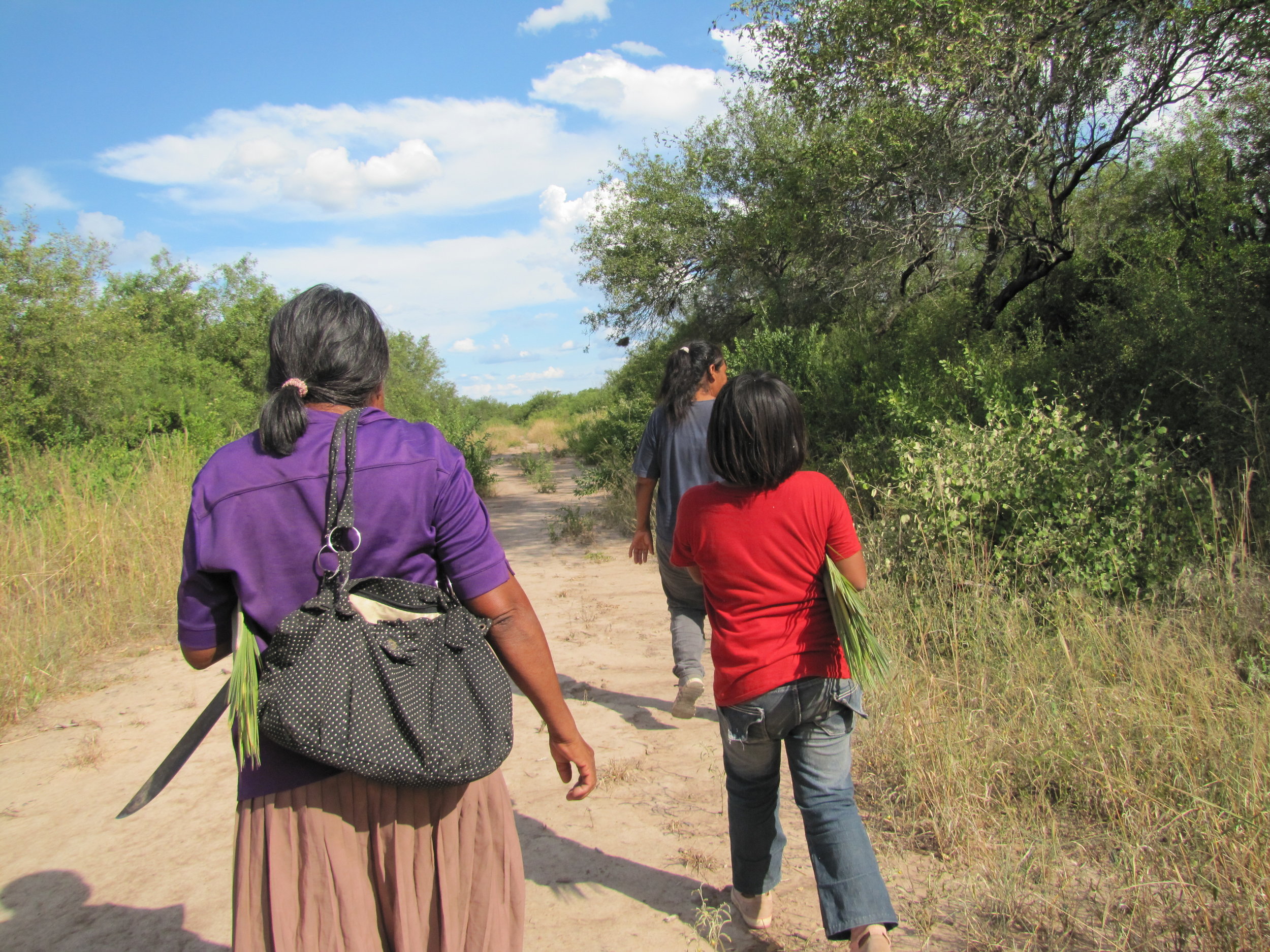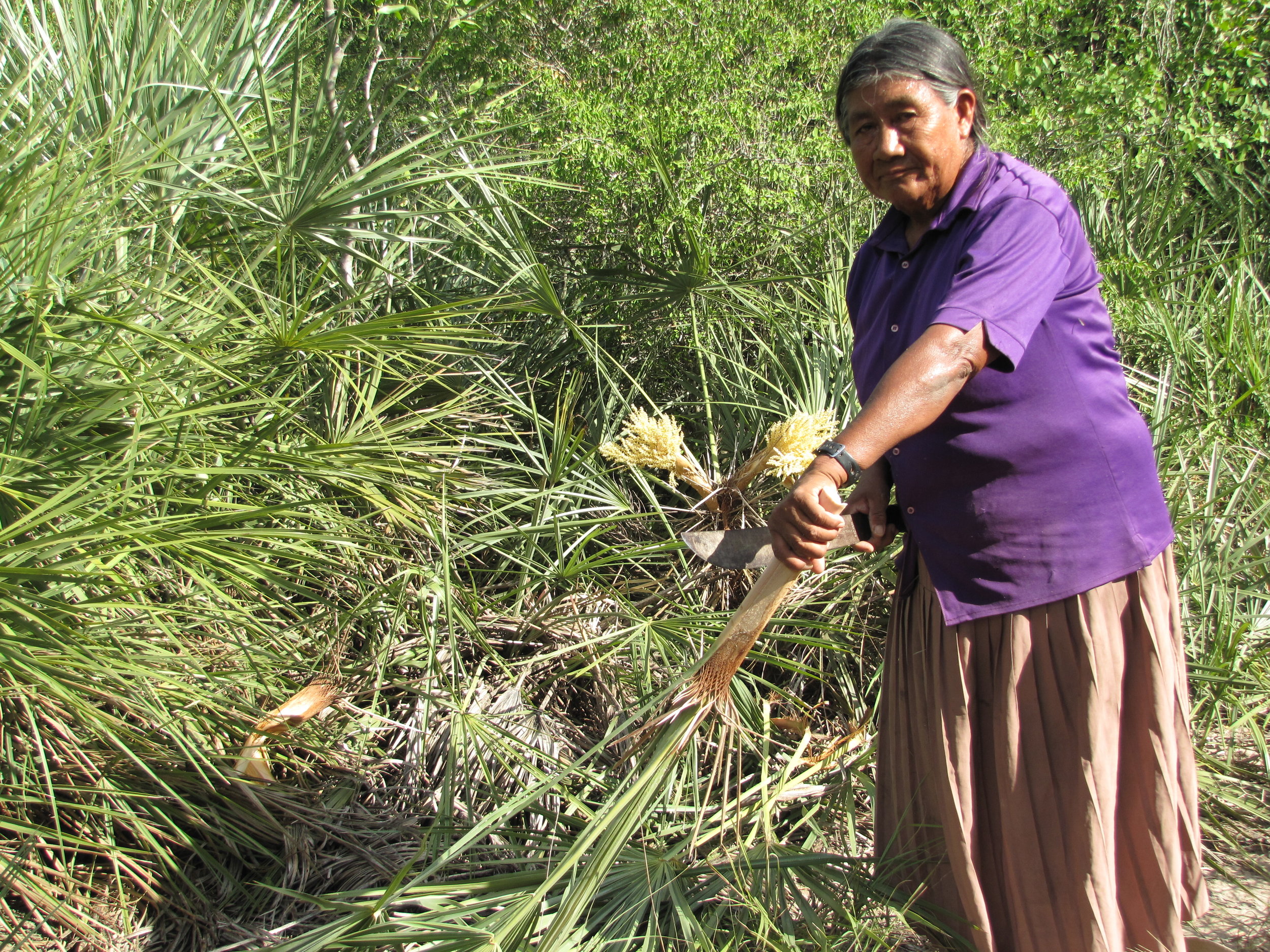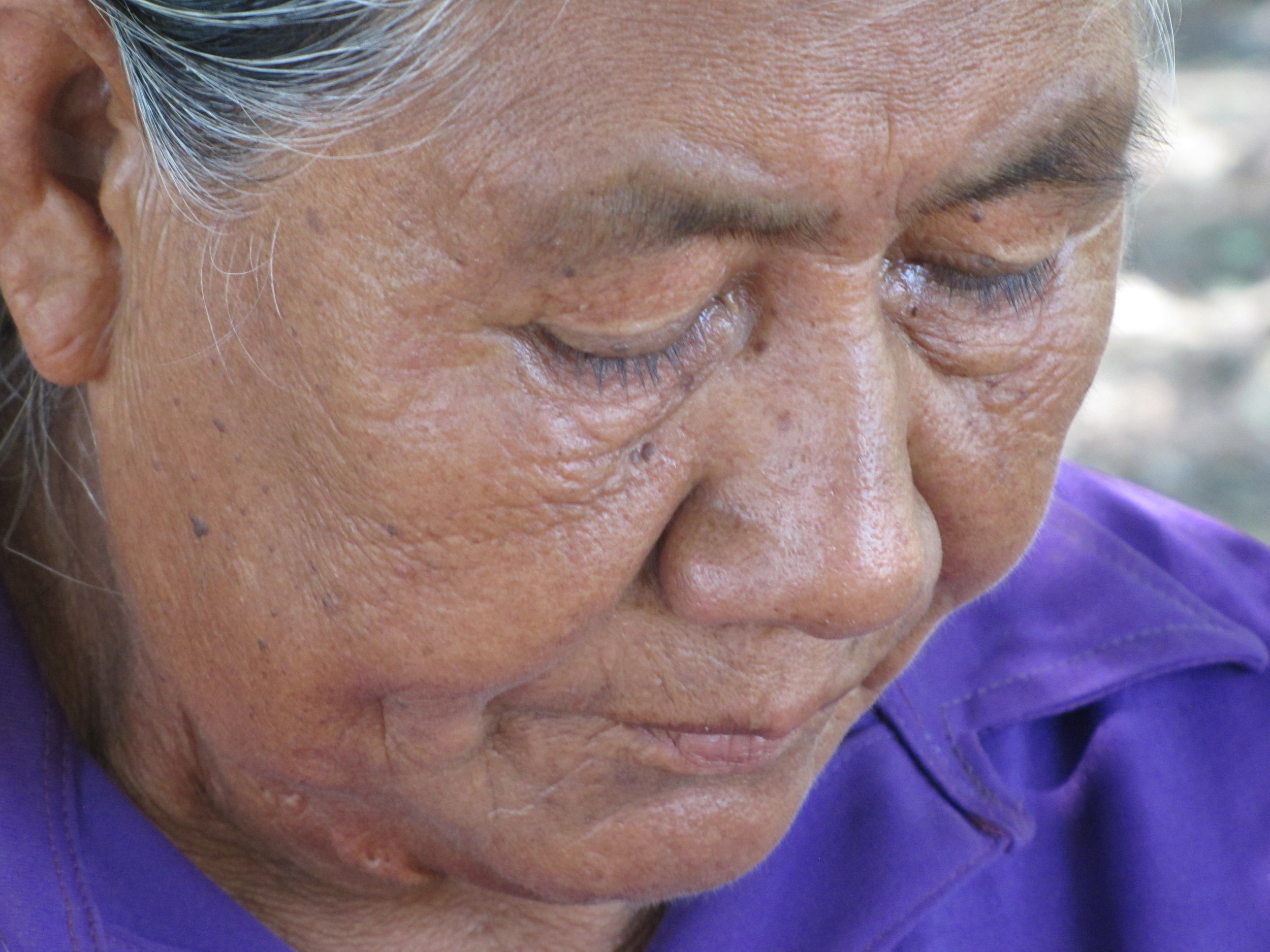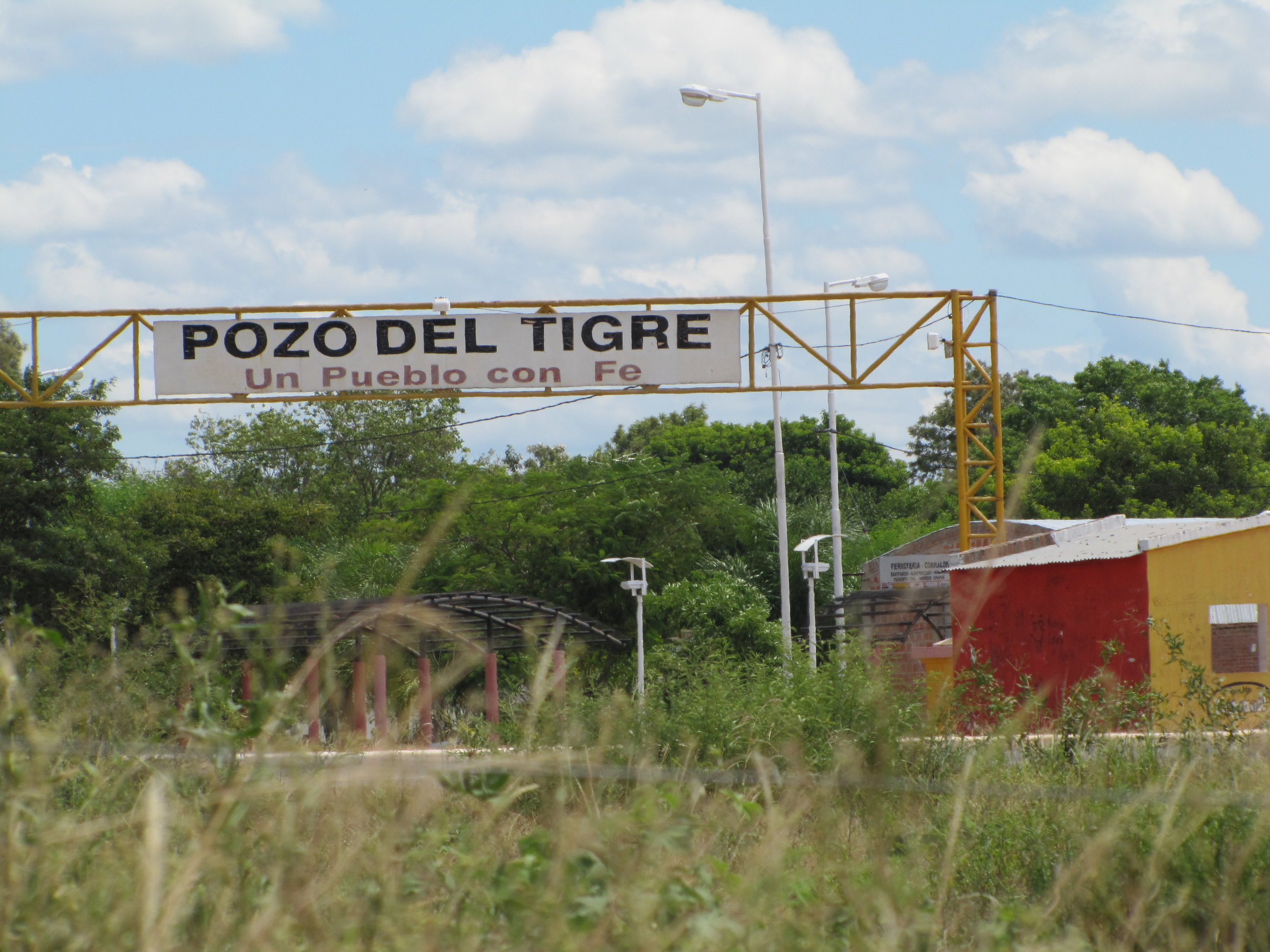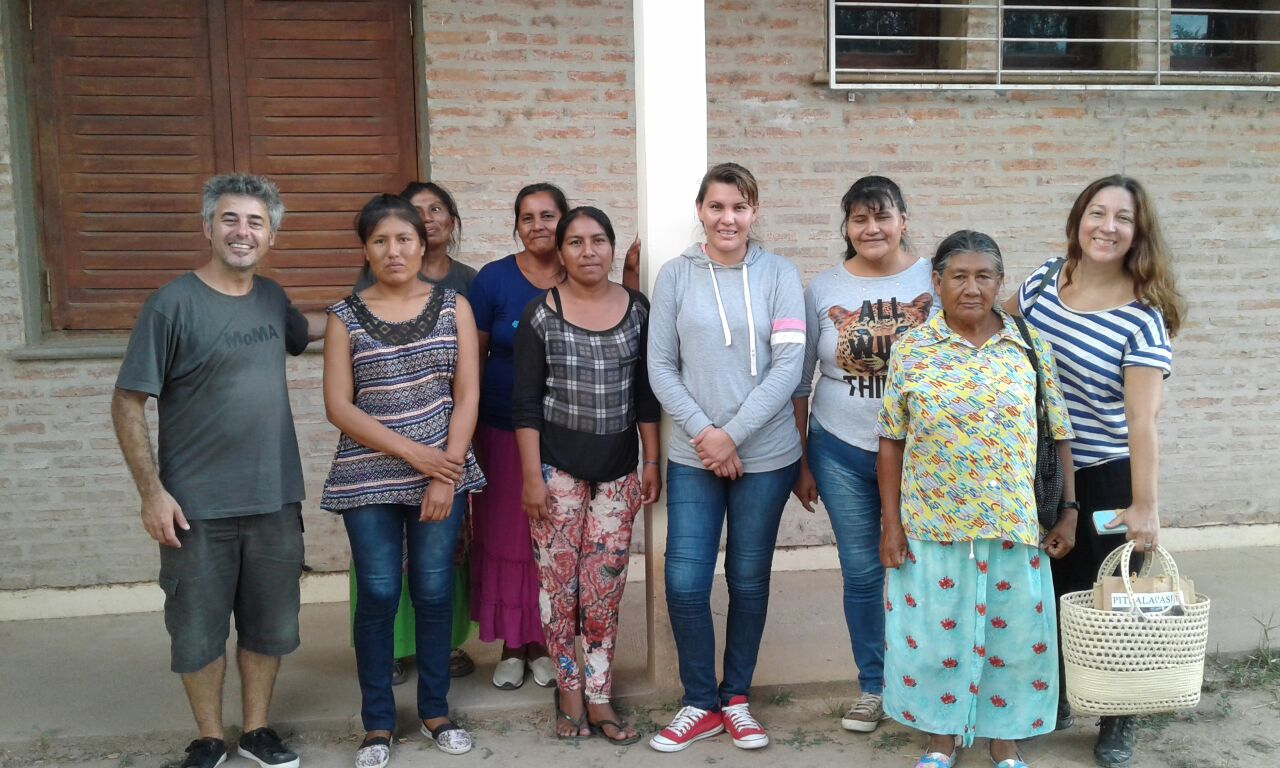PROJECT
Pilagas Community Center in Formosa
project started
March 1, 2016
project type and size
Showroom, workshop and apartment 74 m2
―
Description: Development program for the community, based and focus in the work of local artisan women. Infrastructure, place for production, storage and sale of their products.
Materials: Implementation of traditional and local tecnologies and materials.
Energy: Self renewable energy.
Phase of the project: Construction to start in April 2021
More about Pilaga
AUG Team Argentina traveled to the North Central of Argentina where the Province of Formosa is located, and where the Wichis, Tobas and Pilagas communities are originate from. Today, in Formosas soil, the Aboriginal population is 38,000. The Pilagas live in the center of the province and are distributed in 26 communities. Men work in the fields of the area or in harvesting periods, they travel to other provinces to work. The women are engaged in basketry handicrafts with the leaves of the Carandillo, a sort of shrub-like palm tree that grows in the hills. The task of finding raw material is dangerous because in the mountain livesreptiles and felines. All the pieces are woven entirely in carandillo palm and using ancestral techniques. The best craftsmen teach the younger women the art of fabric making unique pieces and transmitting ancient knowledge. There are currently 200 artisans today.
“ Our aim in this project is to protect and promote female rights, work environment, indigenous matter and inter culturality.”
—Walter Bosisio, Sociologist
The house from which they sold the crafts 10 years ago, no longer worked as such because being inside the community no one came to visit them and also was destroyed after a storm.
Old community center in ruins.
The realization of a community center is a project that arises 10 years ago as a result of the interaction with a group of Sociologists and Anthropologists of the Department of Culture of the National Government, among which was Walter, sociologist and collaborator of AUG. One of the conclusions that were taken in the workshops that were developed was the need to have a space where the artisans could leave their handicrafts and that it was in a place of easy access for anyone who circulates in the area. This did not prosper since the Culture project was finished and the Pilagas women did not have any help to continue with the project. We decided to go out and explore the area and analyze where the community center could be located.
The best place for us was the entrance to the village Pozo del Tigre, we went there and got to contact Francisco, owner of one of the plots. He then became interested in the project and proposed to lend the land and its facilities (water and electricity) by writing a contract with a notary and renewing it every 3 years.
Meet the team
Architect: Paola Bornaschella
Architect: Quique Bayarri Sabariego
Architect: Nora K. Nordhaug
Architect: Melina Cauchich
Sociologist: Walter Bosisio
